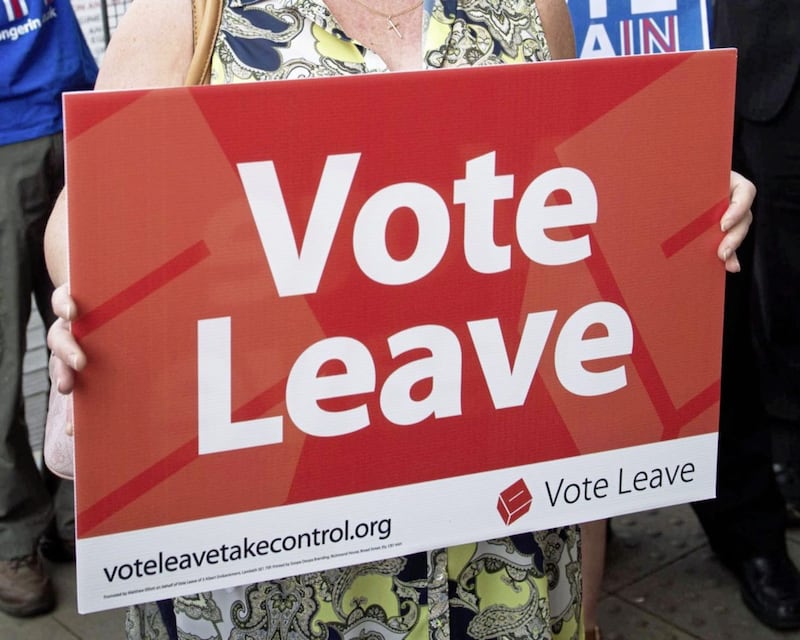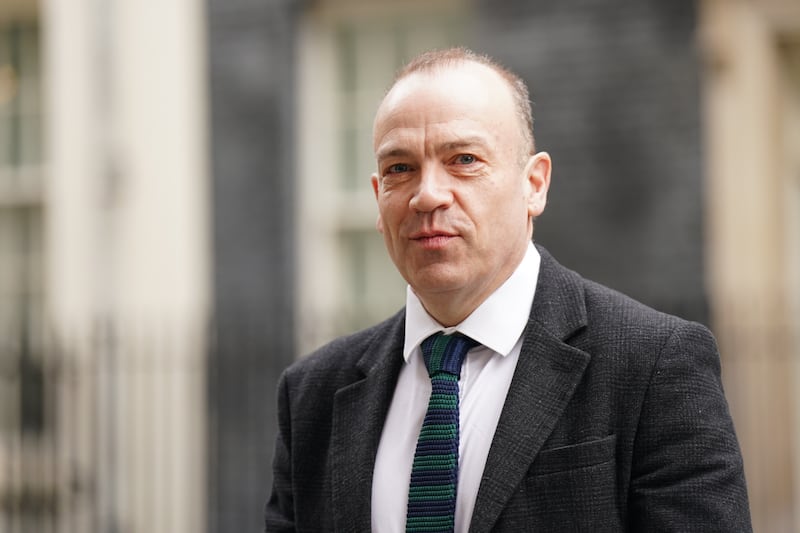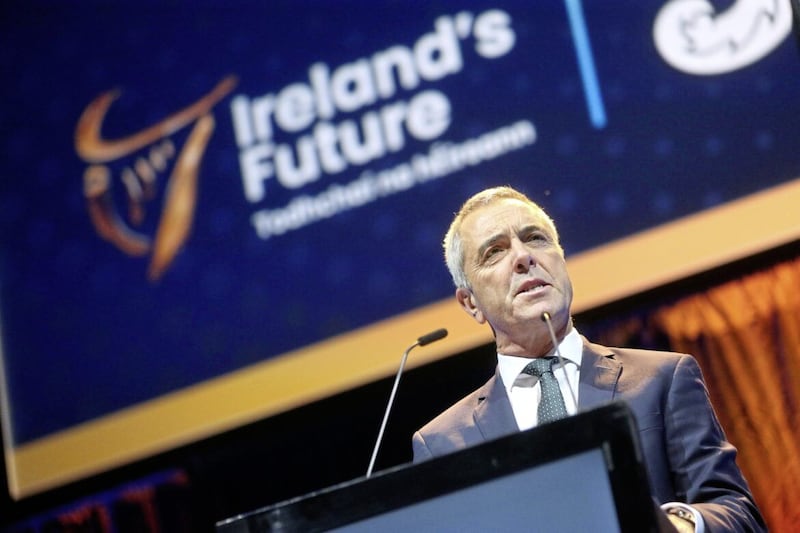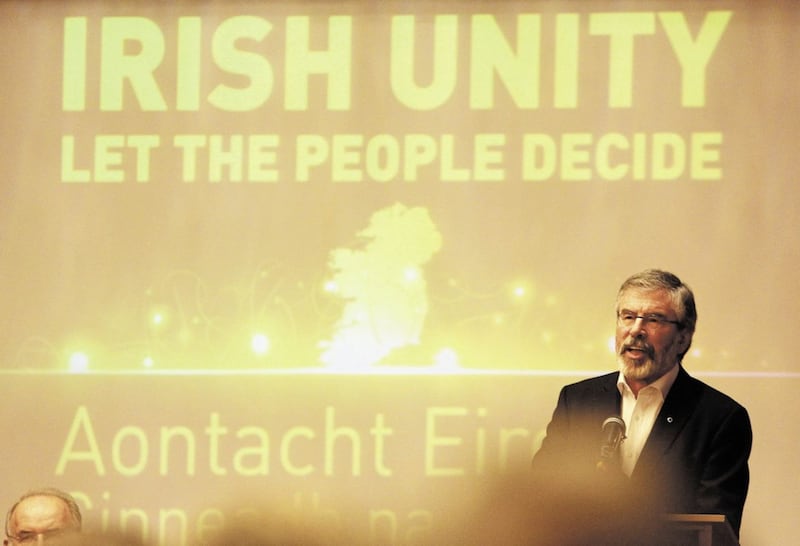The more I hear the border poll lobby talk about the need for a border poll, the more I’m persuaded it will probably take much longer to call than some of them seem to think.
I can understand why they’re so keen: Brexit, after all, represented the sort of ‘England’s misfortune is Ireland’s opportunity’ moment that only comes along once in a generation – and they didn’t want to blow the moment.
For a while, particularly when the Conservatives went into meltdown (followed by most of unionism going into a meltdown of its own), the hopes of the border poll lobby were sky high.

Unionism losing its overall majority in the 2017 assembly election, and then the DUP losing biggest party status and first dibs on first minister, propelled the lobby towards rapture.
And the growth of the electoral middle ground (most of whom seemed to be agnostic on the constitutional issue) appeared to convince them that agnostic was a synonym for nationalist.
Yet, to be honest, none of that actually amounts to a hill of beans because, 26 years after the Good Friday Agreement was signed, we still don’t have the terms and conditions which would be required for the calling of the poll.

As it stands, the Secretary of State has to believe that if the poll were called it would be ‘likely’ that the united Ireland vote would carry the day.
Fair enough, that sort of position – a prime example of the ‘constructive ambiguity’ which underpins the GFA – was enough to get the signees both on the line and across the line. In 1997/98 most nationalists and republicans – even the ones propping up the bar at the A Nation Once Again Tavern – knew that unity was still a long, long, long way down the track. A bit of wooliness, a whole sheep-full indeed, was ok back then; so why worry too much about the absence of specifics and clarity?
But, as I say, Brexit changed the dynamics and upped the ante. It was a moment nationalism wasn’t expecting (the general view of the establishment parties across the UK and Ireland was that Brexit would be rejected). So, when it looked like the shock of leaving the EU – a shock which at least a third of political unionism and most of small-u civic unionism felt too – made a united Ireland look like a genuine runner, it was no surprise that Sinn Féin, along with some civic organisations, would seize the Our Day Has Come opportunity.

Yet no amount of rallying, conferences, panels (some with unionist participation) and assorted reports and research can get round the problem of there being no clear terms and conditions for the calling of a border poll.
The innocuous ‘likely’ of 1998 has morphed into a brick wall, on one side of which sits a succession of Secretaries of State who don’t want to provoke another unionist meltdown and assembly collapse by setting out the terms and conditions.
But on the other side of that wall sits northern nationalism (whose southern counterparts still seem content to maintain their ‘It’s not really our problem’ attitude to NI) and it, too, will become increasingly fractious if it believes that one of the roles of the Secretary of State is to prop up a unionist veto on the calling of a border poll.
No amount of rallying, conferences, panels and assorted reports and research can get round the problem of there being no clear terms and conditions for the calling of a border poll
What I think is likely to happen, therefore, is that we’ll see less focus on an early-as-possible date for a border poll and much more focus on wrestling the terms and conditions out of the next UK government. The success of that strategy will, of course, depend on the political dynamics after the general elections in Ireland and the UK. I’m presuming Labour will win.

Sinn Féin’s position is not so clear at this point. But if it has a role in the Irish coalition I’m fairly sure, in tandem with largest party/first minister status in NI, it will push hard for the terms and conditions.
If it gets its way – which is by no means certain – that’s when the uniting Ireland battle would really begin, because the terms and conditions become part of the route map. And that’s precisely why Sinn Féin may find that Fianna Fáil and Fine Gael will not be particularly keen, just yet, to help it nail down those specifics.



